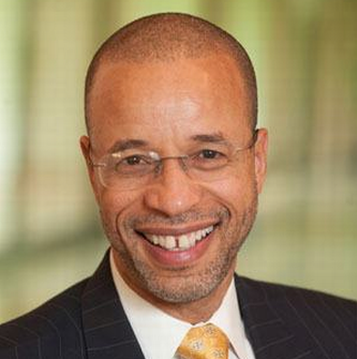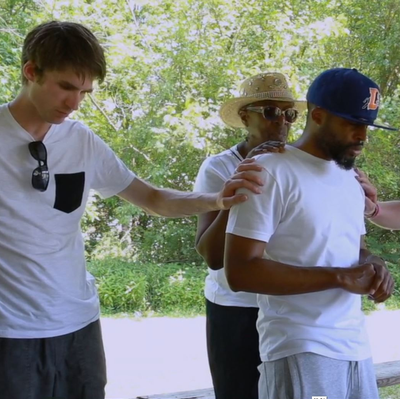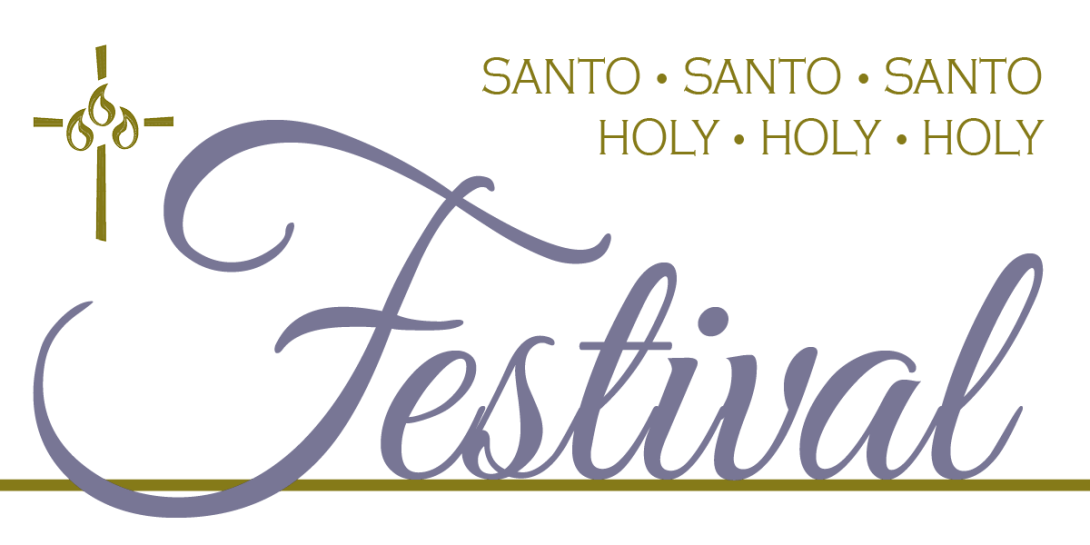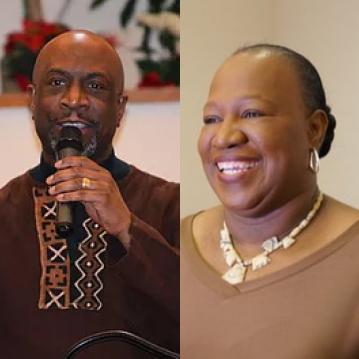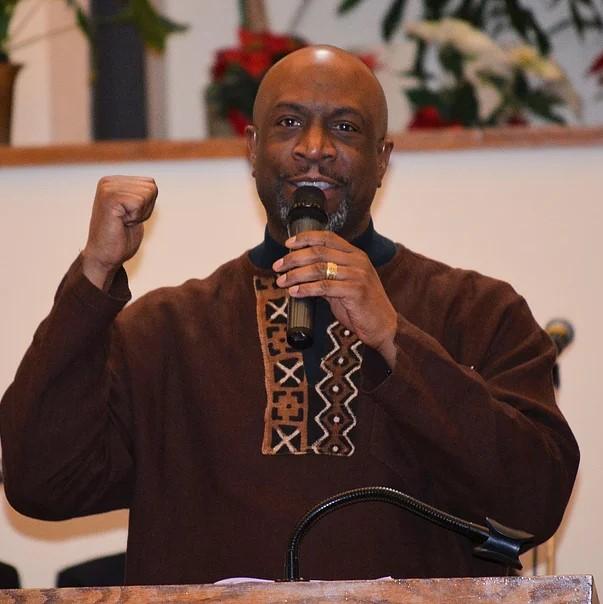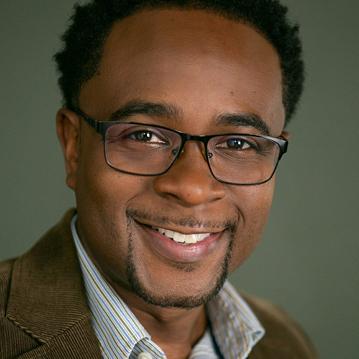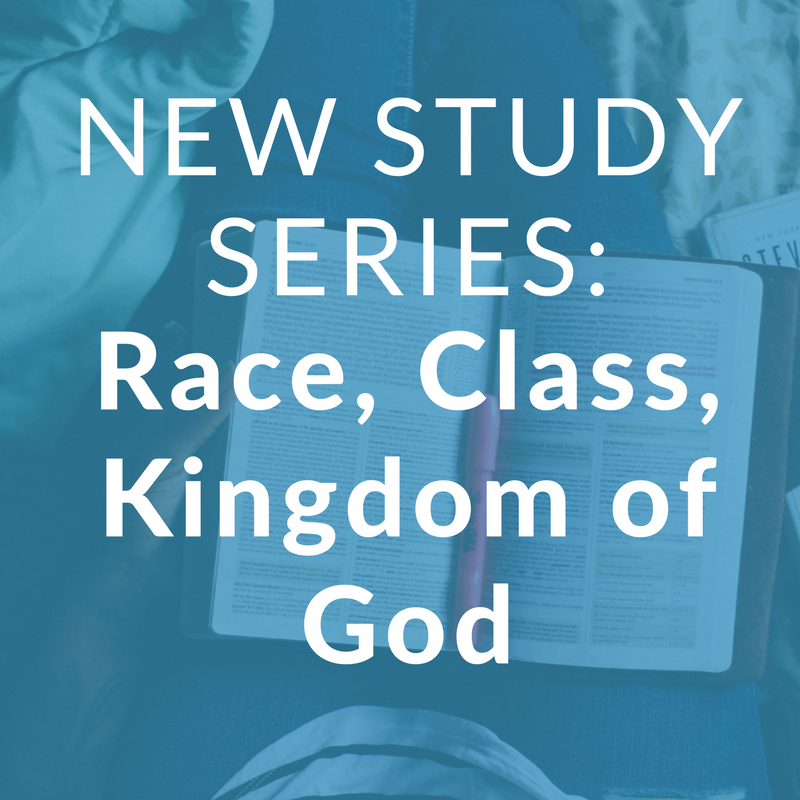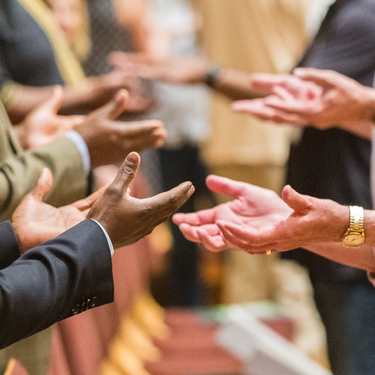Janice McLean-Farrell on a Pastoral Approach to Research
Congregations often want to get information from members and neighbors. They can learn how to do so pastorally by considering how scholars do academic research using human subjects. Scholars follow ethical standards to gain data while doing no harm.
Pedagogical Insights on Teaching African American Preaching
This essay reflects on Frank Thomas' unique journey through the pastorate to become a teacher of preaching, and on the pedagogy he developed along the way.
When Local Churches Learn and Worship Together
Four congregations in Durham, North Carolina, discovered that planning worship, learning, and reflecting together helped them be better witnesses in their East Durham neighborhood.
Festival at Princeton Theological Seminary
A bilingual festival of singing | Un festival de canto bilingüe
Trauma-Informed Worship: Address Trauma to Begin Healing
Most pastors realize that people come to church with deep fears, sorrows, and concerns that often remain unexpressed in worship. But because Mount Aery Baptist Church has worked to become a trauma-informed congregation, its worship services are becoming a communal place of healing.
Anthony L. Bennett on Engaging Trauma in Sermons
Many urban pastors deal with trauma. Some preach without benefit of pay or formal training. This Baptist church gathered its associate ministers monthly to learn about trauma and exegete Scripture to engage people hungry for healing and justice.
What Is the Color of Compromise?
This presentation is offered through The January Series of Calvin University and features Jemar Tisby, author and president of The Witness: A Black Christian collective, where he writes about race, religion, and culture.
Sherrye Willis and Angela Johnson on Faith-Based Healing from Trauma
Ten African American churches in Texas are focusing on helping youth understand and heal from trauma. This knowledge helps adults become more aware of their own trauma and is changing worship practices.
Trauma-Informed Congregations and Worship: Being Made Whole
Becoming a trauma-informed congregation means helping people learn, talk, and grieve about what happened to them. Worship can provide a safe space for people to nurture trusting relationships and accept God's healing grace.
Curriculum Prepares People to Talk about Racial Reconciliation
Arrabon’s Race, Class, and the Kingdom of God curriculum gives small groups the shared knowledge, language, and practices to effectively address deep cultural tensions and divisions.
How to Adapt Race, Class, and the Kingdom of God to Your Setting
Arrabon’s Race, Class, and the Kingdom of God curriculum can be adapted to church and school contexts with varying memberships and time constraints.
Mary L. Cohen on Community Choirs in Prisons
Oakdale Community Choir in Coralville, Iowa, meets in the prison where half its members live. Church choirs and congregations can learn from the principles and practices that make this choir so life-giving. It focuses as much on relationships and potential as on music.


